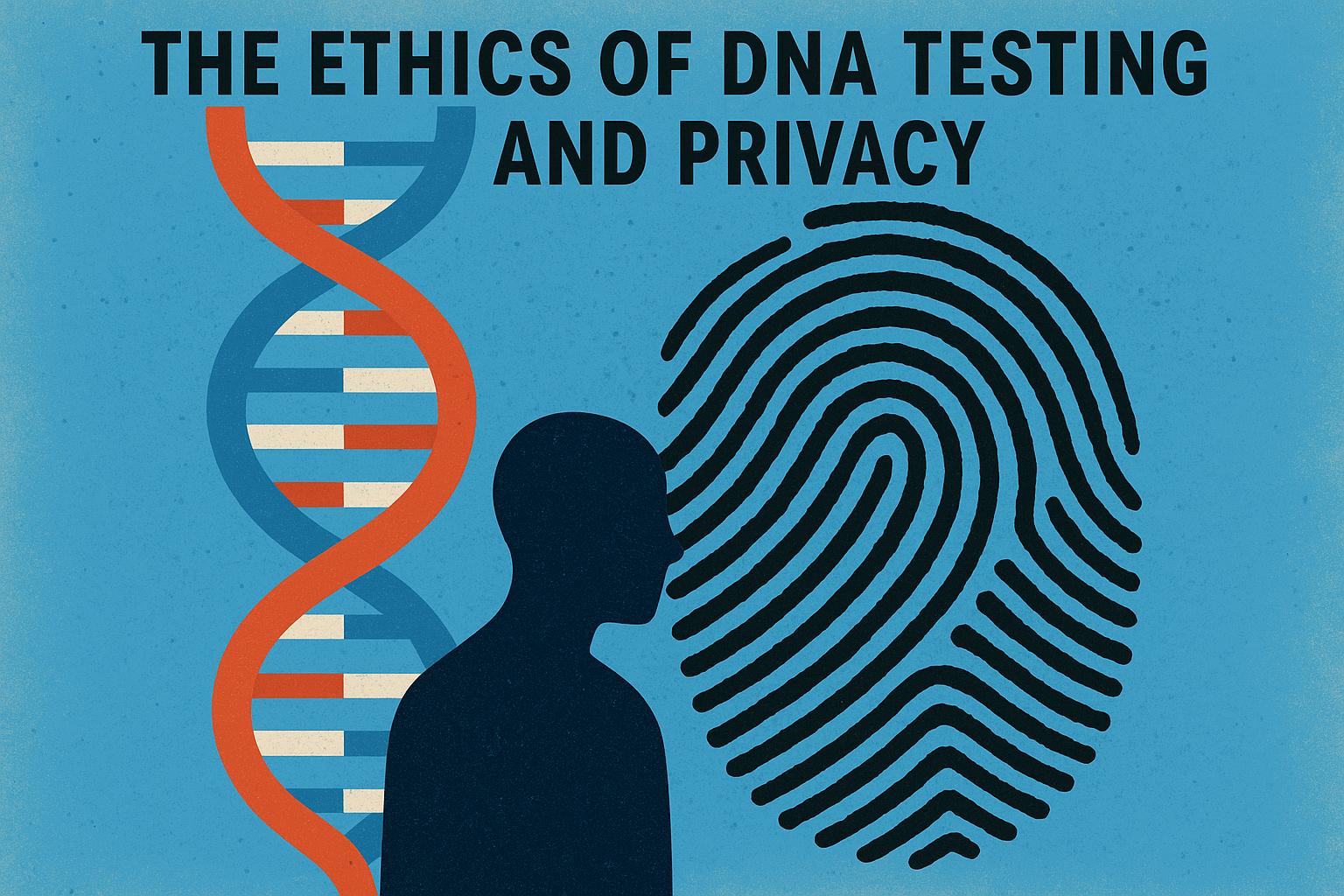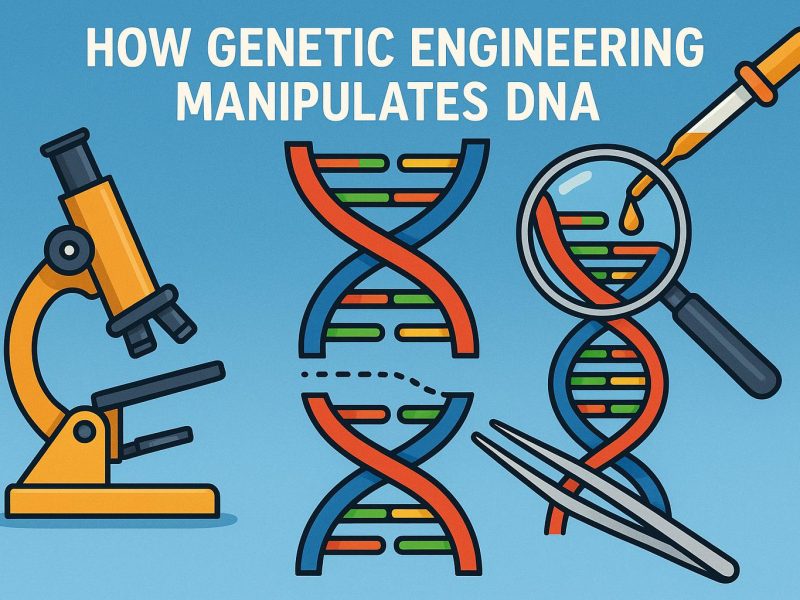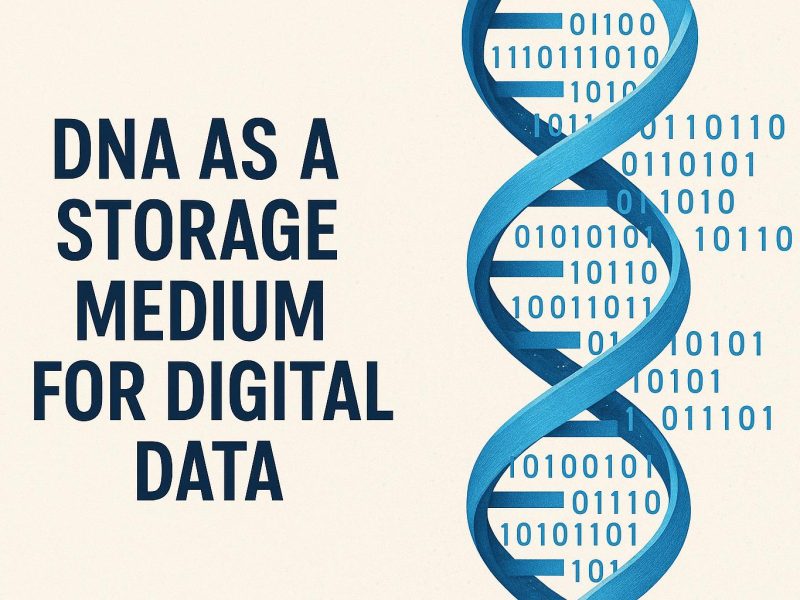The Intersection of DNA Testing and Privacy
As genetic testing technology advances, the balance between scientific progress and individual privacy becomes increasingly complex. DNA testing offers numerous benefits, such as personalized medicine, ancestry exploration, and solving genetic mysteries. However, it also raises significant ethical concerns, particularly regarding privacy and data security. This article explores the multifaceted implications of DNA testing for privacy.
Understanding DNA Testing
DNA testing involves analyzing a person’s genetic material to obtain information about their ancestry, health predispositions, or other traits. Various companies provide direct-to-consumer (DTC) genetic tests, which have become popular due to their accessibility and detailed insights into individual genetics. For more on how these tests work, consider reviewing information from trusted genetics resources.
Privacy Concerns with DNA Testing
While DNA testing can yield valuable insights, it inherently involves sharing sensitive genetic information. This raises several privacy issues:
Data Storage and Security
Genetic data collected from DNA tests often reside in databases. Ensuring the security of these databases is crucial, as unauthorized access could lead to misuse. Breaches can compromise individual privacy and expose sensitive health information. Companies must invest in state-of-the-art security technologies and protocols to protect genetic data from potential breaches. Regular security audits and adopting end-to-end encryption might mitigate some of these risks.
Informed Consent
An essential aspect of DNA testing is obtaining informed consent from individuals. It is crucial that consumers understand how their data will be used, shared, or stored before undergoing testing. Companies must provide clear information on their data policies. It is not just about gaining permission; informed consent involves educating consumers about potential future uses of their data and its implications. This understanding helps consumers make knowledgeable decisions about whether to participate in genetic testing.
Third-Party Data Sharing
Many genetic testing companies have terms allowing the sharing of genetic data with third parties for research or other purposes. While this can drive scientific advancements, it also poses risks if individuals are not adequately informed or if appropriate safeguards are not in place. Transparency is essential when it comes to third-party data sharing, and companies should highlight who might have access to the data, for what purposes, and what measures are in place to protect consumer privacy.
Regulatory and Ethical Frameworks
Given these privacy risks, stringent regulatory frameworks are necessary. In the United States, the Health Insurance Portability and Accountability Act (HIPAA) and the Genetic Information Nondiscrimination Act (GINA) provide some protections. However, they may not cover all scenarios arising from modern DTC genetic testing. The rapid pace of technological advancement in genetics might outstrip the current regulatory provisions, necessitating periodic revisions and updates to laws and guidelines.
Ethical guidelines must also play a role in how genetic data is managed. Organizations like the World Health Organization and Council for Responsible Genetics offer guidance on balancing progress with ethical considerations. Ethical frameworks often emphasize respect for personal autonomy, ensuring individuals have control over who accesses their genetic information and for what purpose.
Technological Implications and Innovations
As technology continues to evolve, so does its impact on genetic testing privacy concerns. New techniques in genetic analysis and storage may emerge, revolutionizing access and security. Blockchain technology, for instance, is being considered as a possible means to provide secure and transparent genetic data transactions. As these technological innovations evolve, they may offer solutions to some of the current privacy challenges but could also introduce new concerns that need to be managed through careful regulation and oversight.
The Role of Artificial Intelligence
Artificial intelligence (AI) is another area poised to impact DNA testing. AI algorithms can process large datasets more efficiently than humans, potentially uncovering novel insights from genetic data. However, the use of AI also raises privacy concerns, particularly regarding how genetic data is anonymized and utilized. The implementation of AI needs to adhere to ethical standards that protect individual rights while promoting scientific discovery.
The Future of DNA Testing and Privacy
As DNA testing becomes more integrated into healthcare and personal lifestyle choices, it is imperative to continually evaluate and update privacy measures. This involves collaboration between governments, technology companies, healthcare providers, and the public. Educating consumers about their rights and the implications of sharing genetic data will empower them to make informed decisions. Additionally, there is a need for ongoing dialogue between all stakeholders to address emerging privacy challenges and develop innovative solutions that protect genetic data while fostering scientific advancement.
In conclusion, while DNA testing offers significant benefits, it demands careful consideration of privacy issues. Balancing innovation with privacy protection is crucial to ensure that the potential of DNA testing can be realized responsibly and ethically. As society continues to navigate the complex interplay between genetic technology and privacy, ongoing vigilance and adaptation will be key to ensuring individual privacy is respected while supporting scientific progress.



